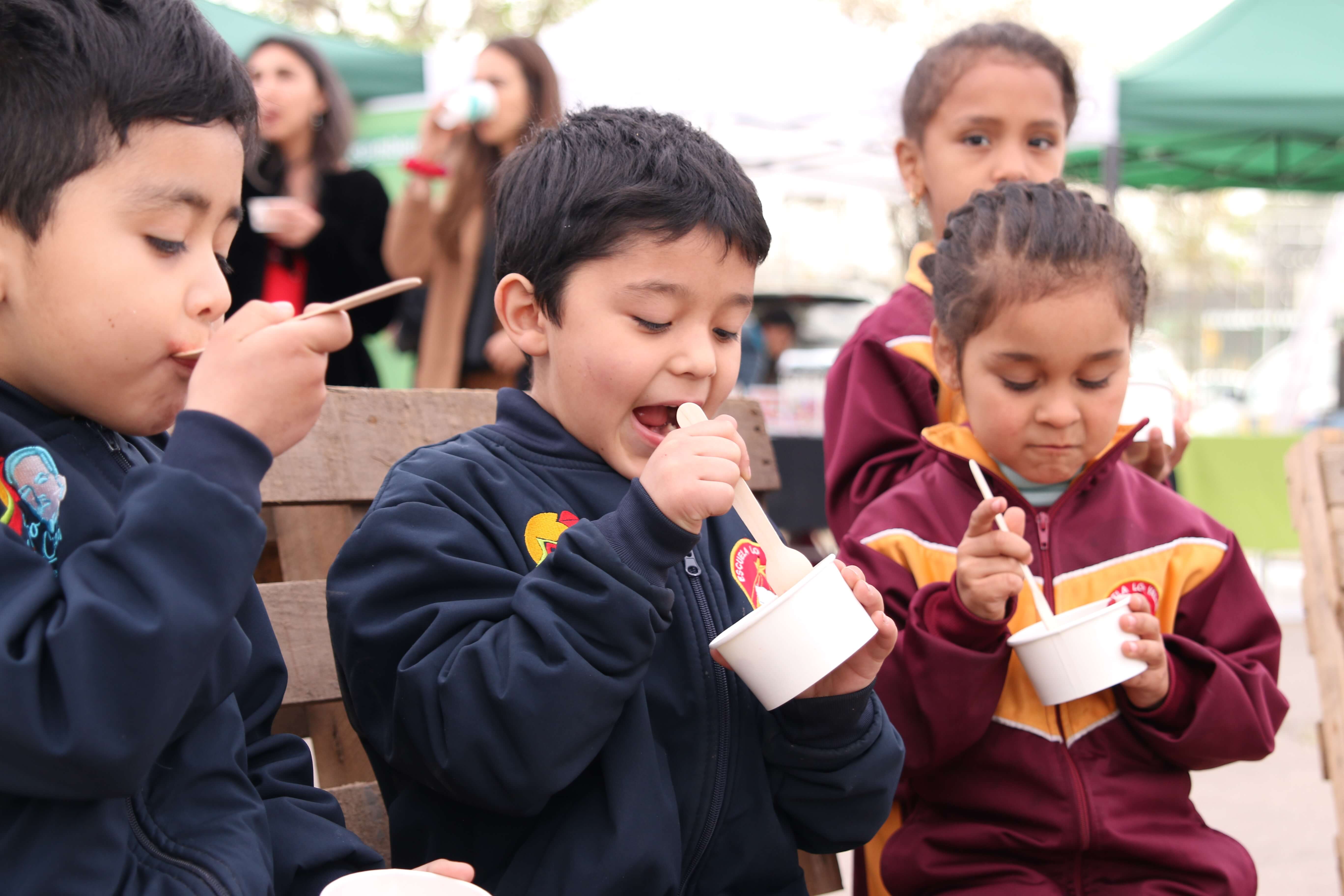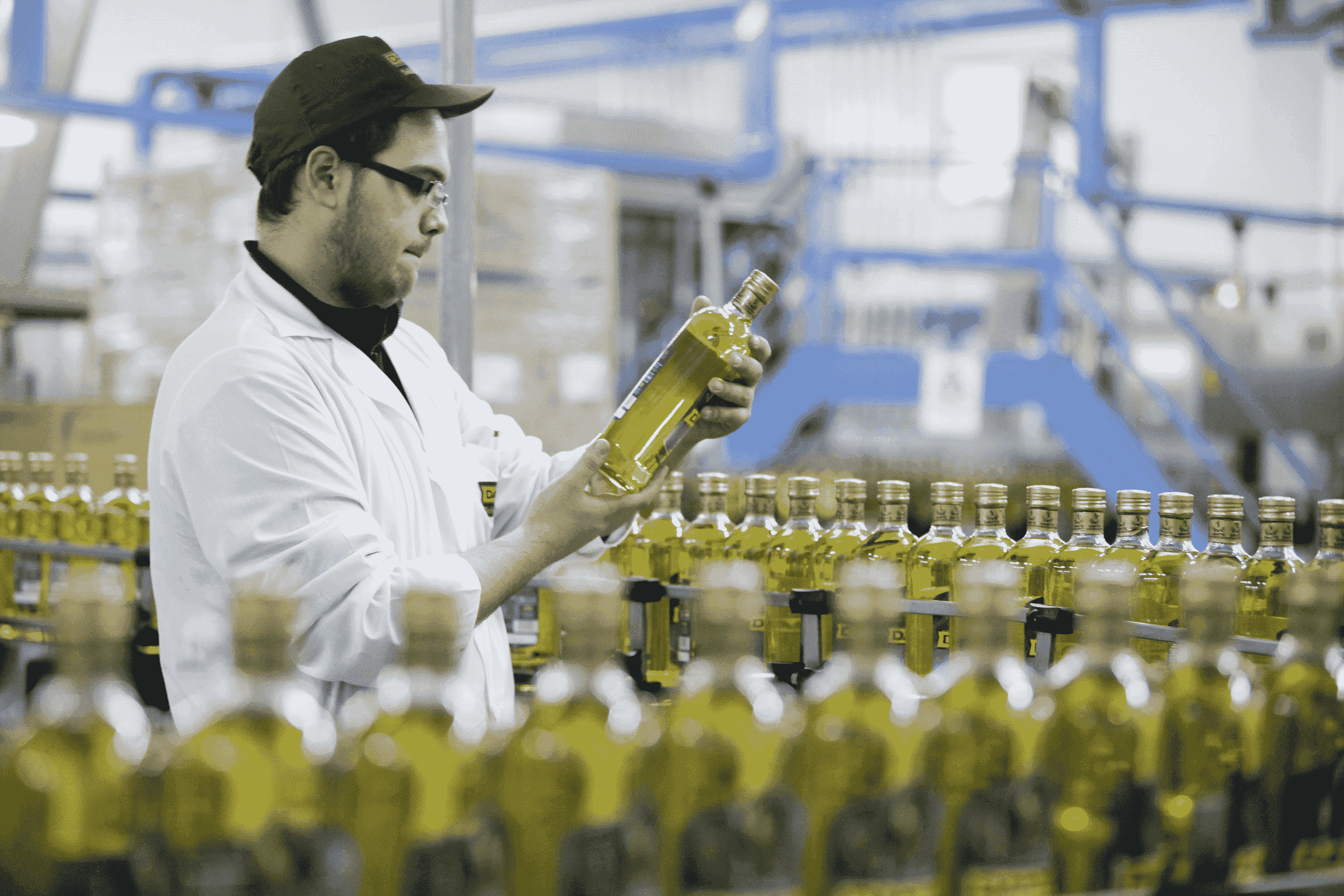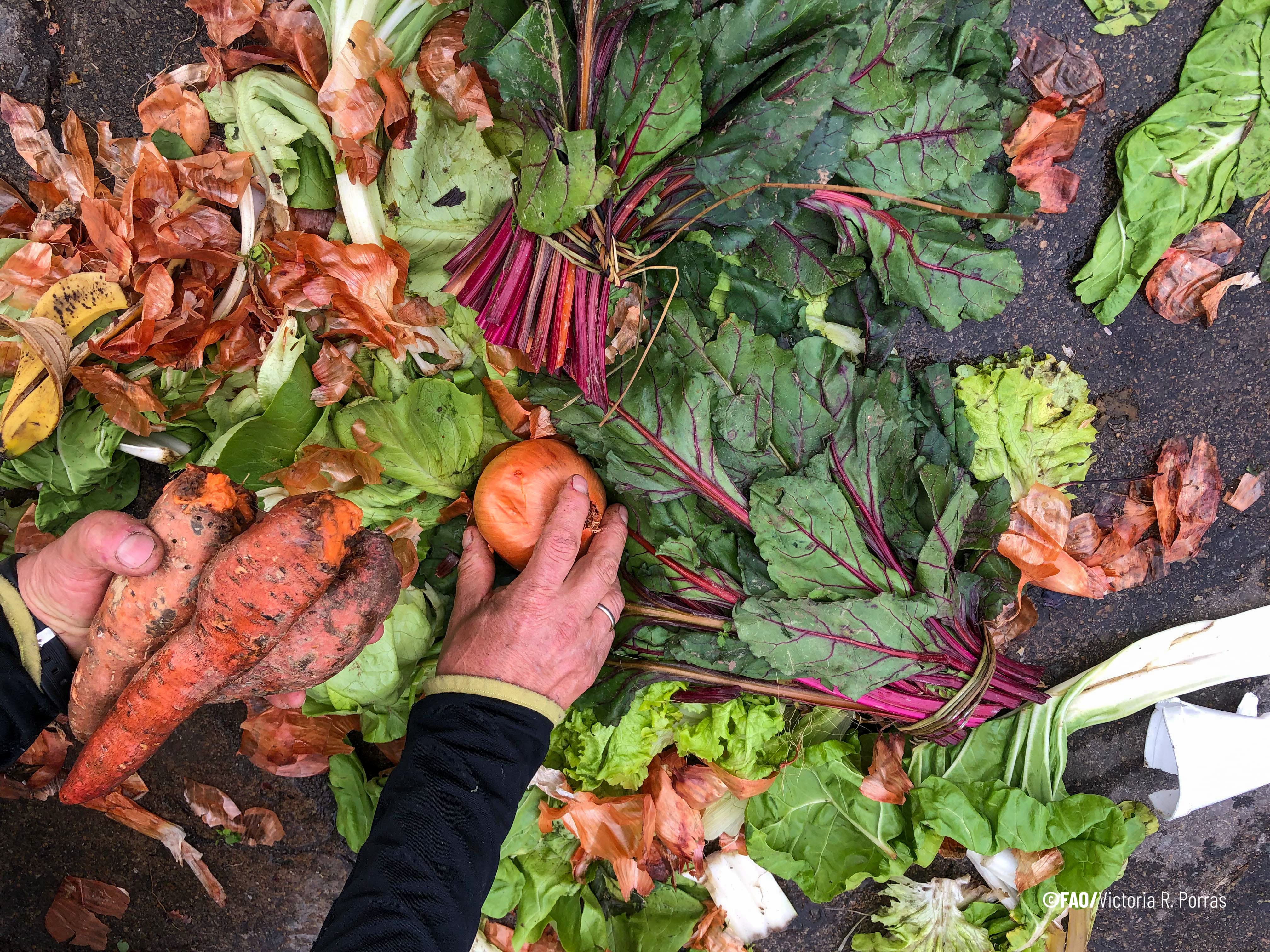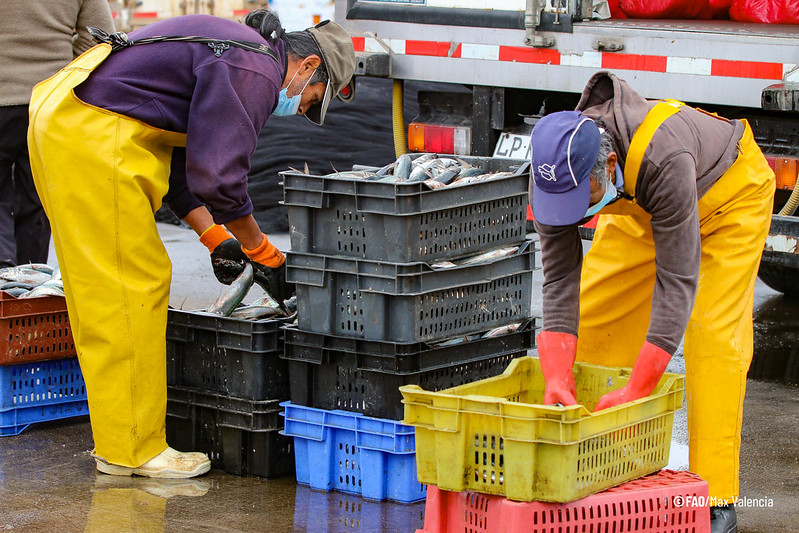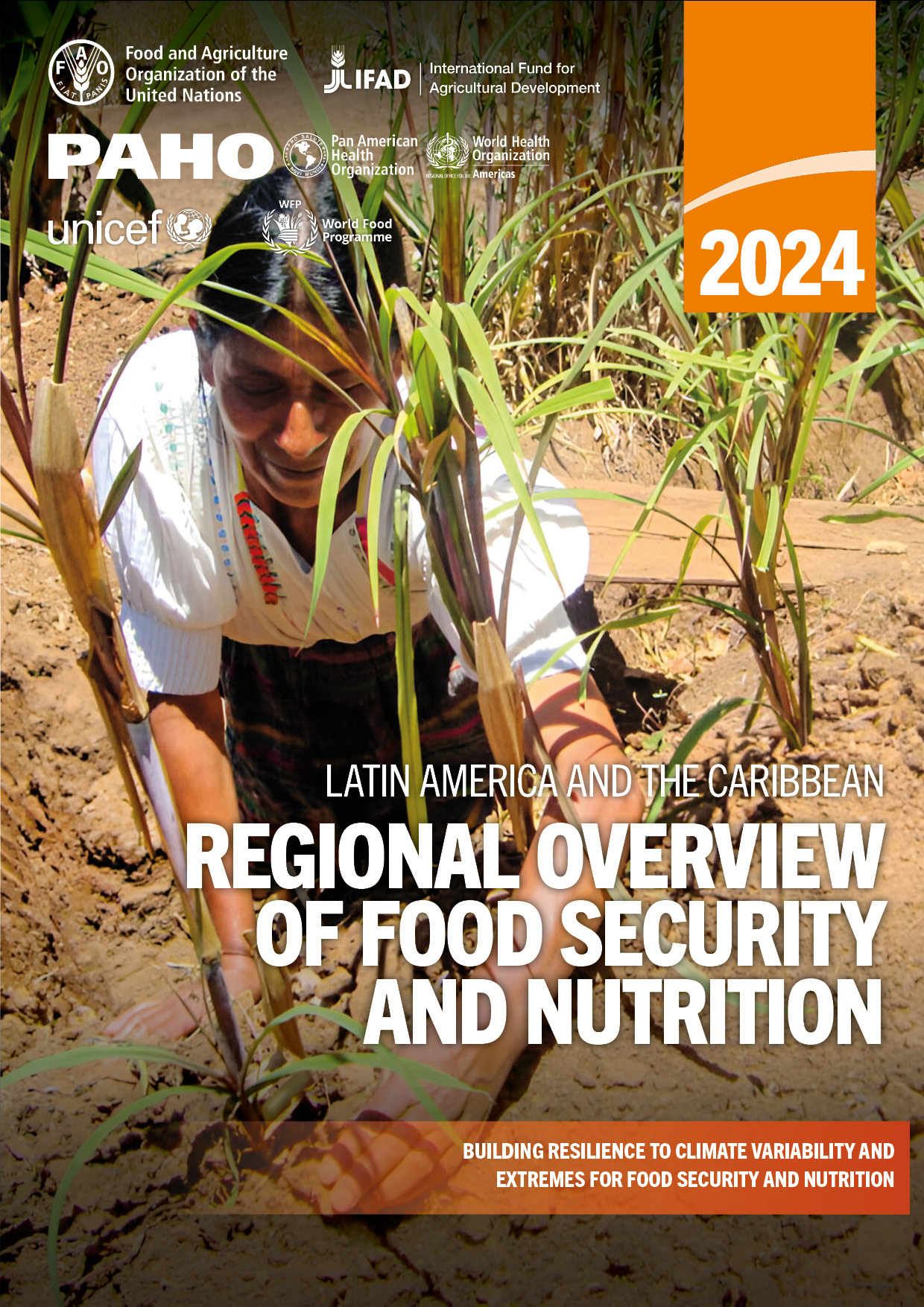
Better Nutrition
According to the latest figures from FAO, the world is far from achieving Sustainable Development Goal 2: Zero Hunger by 2030. Although global hunger increased dramatically between 2019 and 2021, it has remained at similar levels until 2023, with higher rates than before the pandemic.
Today, progress is being seen, especially in Latin America. However, hunger continues to rise in the Caribbean. While the progress is encouraging, 41 million people in the region still suffer from hunger. The transition toward healthy diets and improved food security and nutrition for the most vulnerable is a regional priority.
This pillar seeks to eradicate hunger, achieve food security, and improve nutrition in all its forms, by promoting nutritious foods and increasing access to healthy diets through five priority programmatic areas (Healthy diets for all; Nutrition for the most vulnerable; Safe food for all; Reduction of food loss and waste; and Transparent markets).
Programme Priority Areas
News
2/12
2025
Report Launch “Improving food security and nutrition through local public food procurement from smallholder farmers”
Virtual Event, 02/12/2025
Local public procurement of food from smallholder farmers is a strategic tool that contributes to food security and nutrition in Latin America and the Caribbean. In a region marked by inequalities, rural poverty, and the high cost of healthy diets, this public policy is able to link state demand with local supply, promoting more efficient, inclusive, resilient, and sustainable agri-food syst...
22/10
2025
Committee on World Food Security
Metropolitan City of Rome Capital (Italy), Hybrid Event, 22/10/2025
School Meals Programmes are key strategies to address food insecurity and malnutrition, especially among school-age children and adolescents.
29/9
2025
1/10
2025
Workshop on Measuring Food Losses in Latin America and the CaribbeanOnline Event
Virtual Event, 29/09/2025 - 01/10/2025
Did you know that 13% of food was lost in 2021 between harvest or collection and its arrival on the shelves? This equates to 931 million tons or 120 kilograms per capita.
Publications
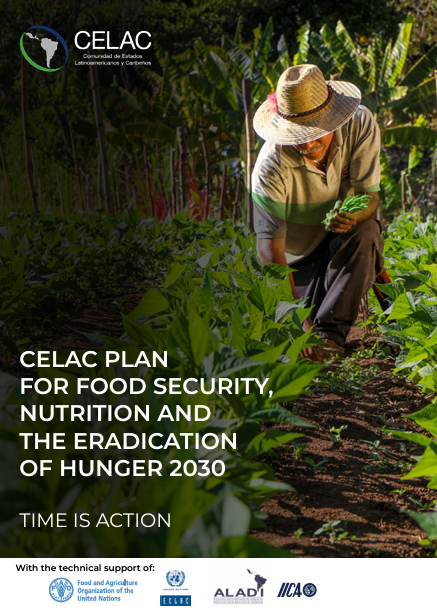
CELAC Plan for food security, nutrition and the eradication of hunger 2030
29/03/2024
The CELAC plan for food security, nutrition and the eradication of hunger 2030 consists of three chapters.
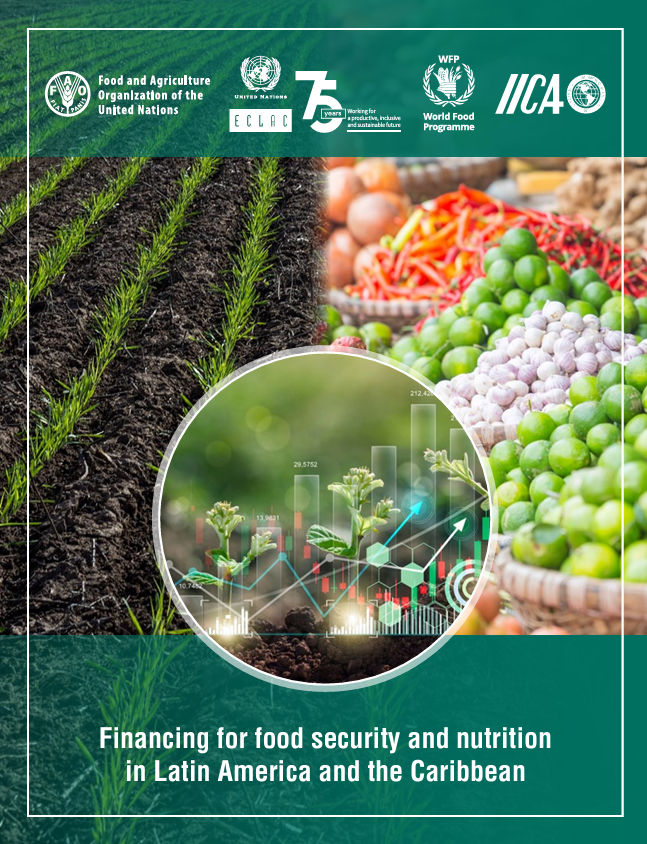
Financing for food security and nutrition in Latin America and the Caribbean
26/04/2024
There are different proposals for policies and interventions to address these problems jointly as a region and for each country. However, the proposals for policies and interventions do not include how to finance the actions needed to eliminate hunger and combat malnutrition. This document presents a first approach to the issue of the financing needed for the eradication of hunger, food insecurity and malnutrition in all its forms in the region.
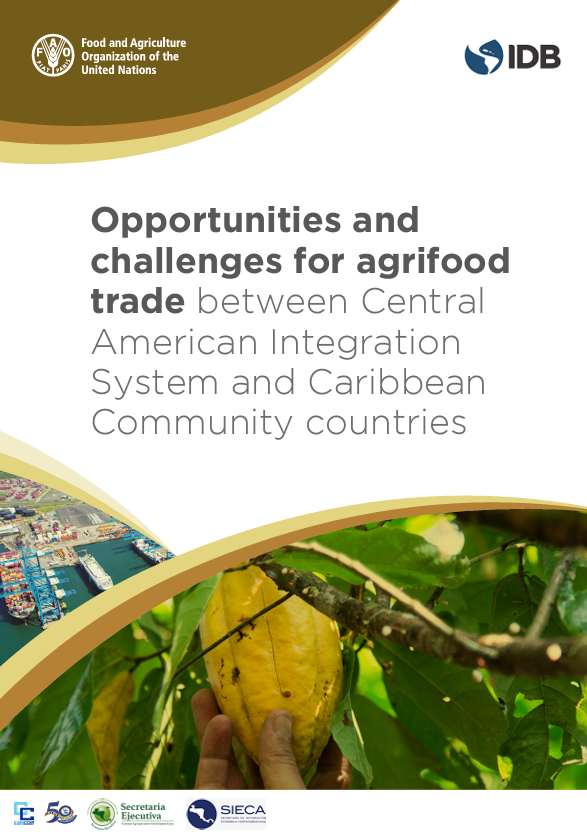
Opportunities and challenges for agrifood trade between Central American Integration System and Caribbean Community countries
01/02/2024
This study responds to the proposal made by the Secretariat of the Central American Agricultural Council (SECAC) and the Secretariat for Central American Economic Integration (SIECA) on the need to promote spaces for integration in the area of agrifood trade between Central America and the Caribbean.

